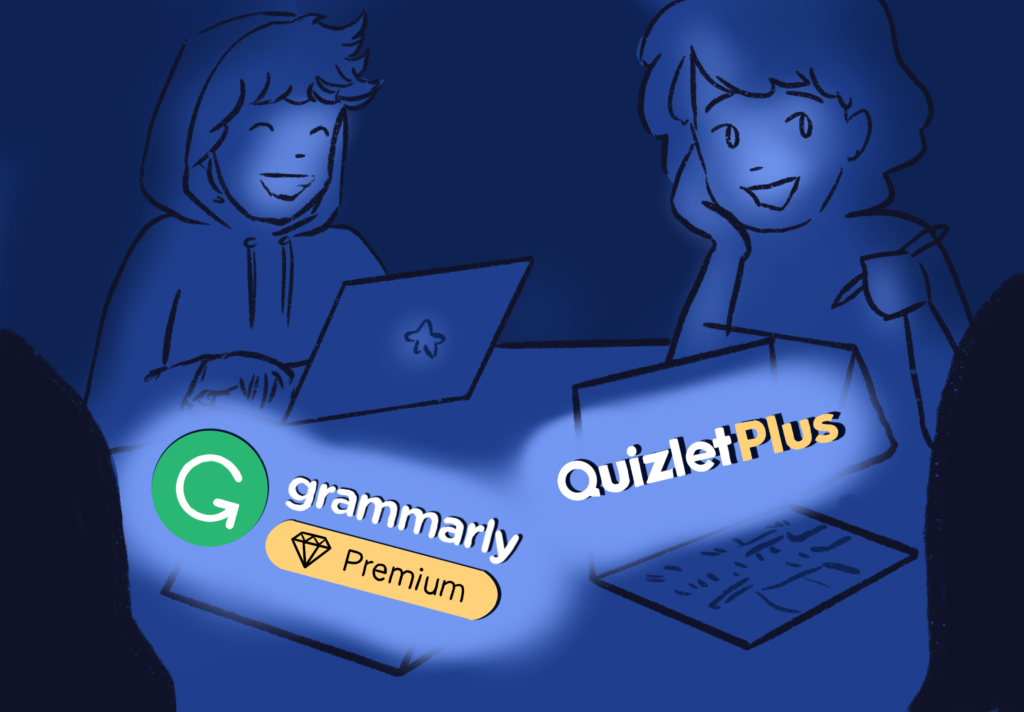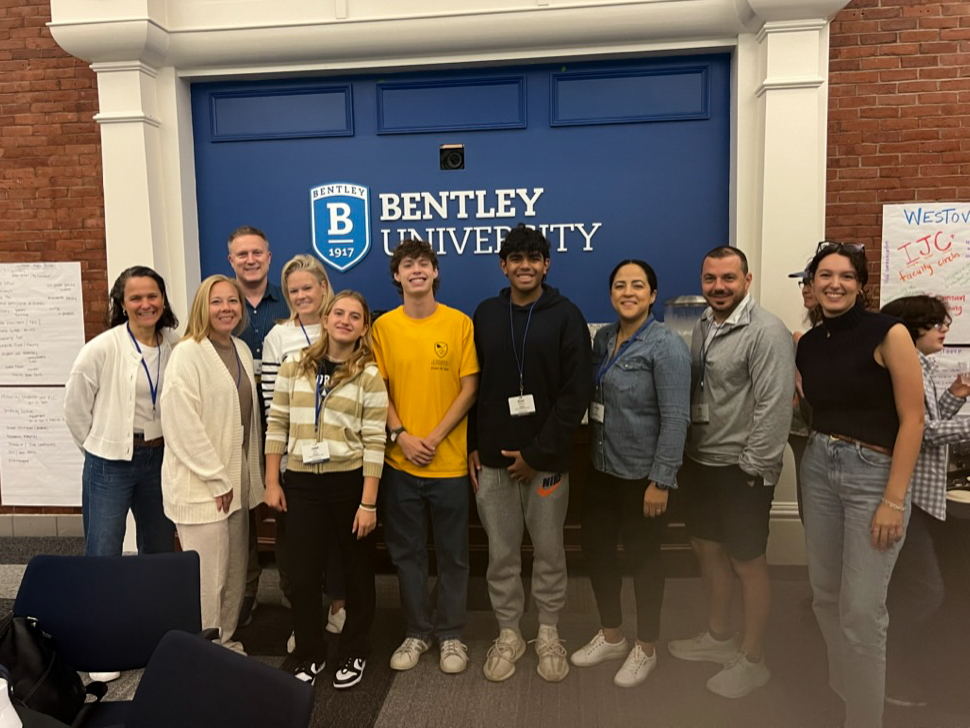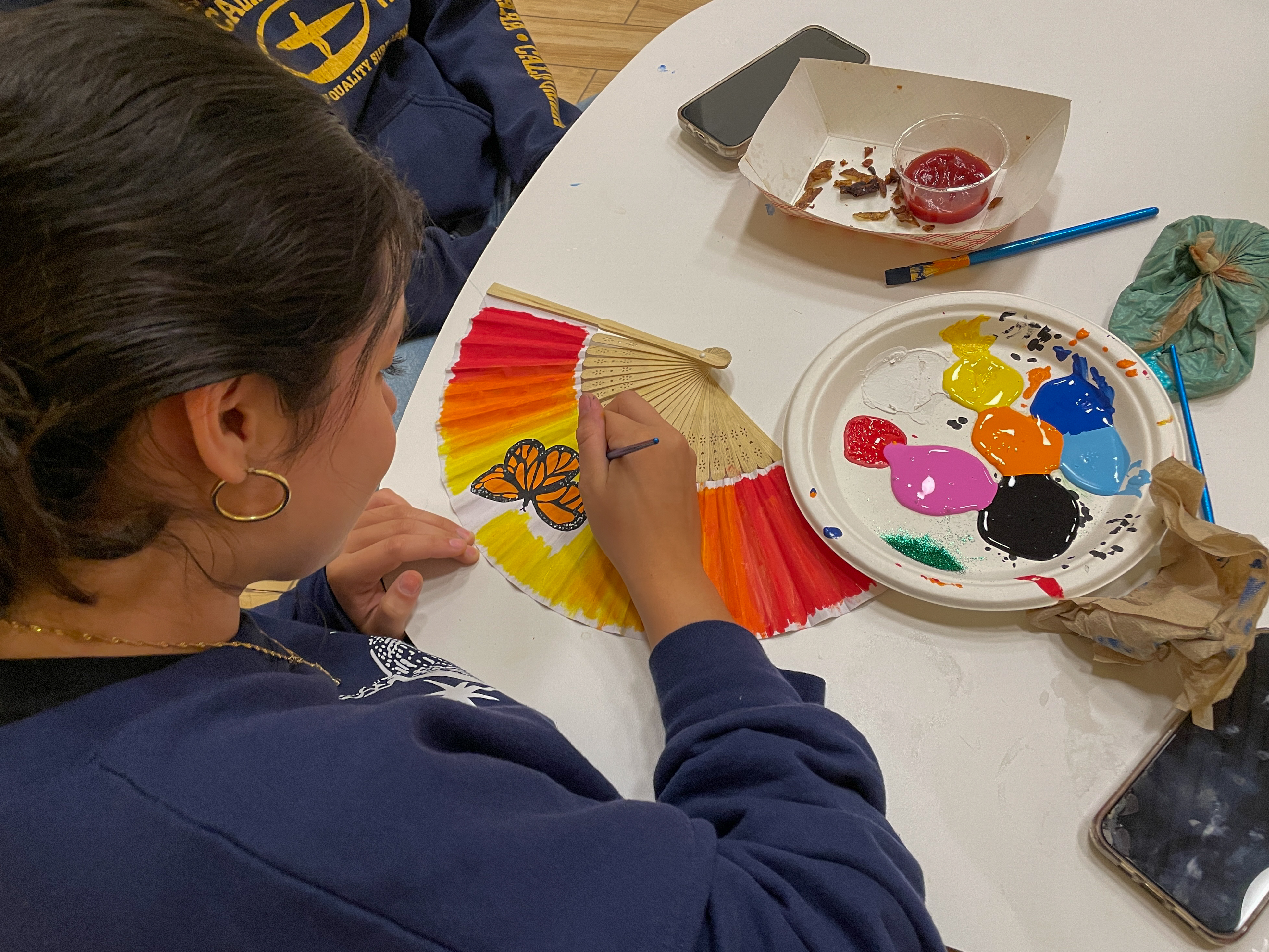Standing before a crowd of students, professors, and politicians, Arielle Landau ’17 and Dylan Stafford ’16 delivered their successful presentation, “Nuclear Disarmament: Unseen and Unseen Threats,” at the 2016 Critical Issues Forum (CIF) in Monterey, California. The annual conference, managed by the Middlebury Institute of International Studies at Monterey, took place from April 15 to April 16. This year, 15 pairs of high school students from Japan, Russia, and the United States convened at Monterey to present their studies on the topic of “Global Nuclear Vulnerability: Lessons for a More Secure and Peaceful World.”
Stafford and Landau called for a unilateral nuclear disarmament of the United States, thereby setting a precedent rest of the world. Landau elaborated, “We didn’t have the experience and the knowledge to create a full-fledged solution. However, in our research, we realized that the whole nuclear non-proliferation regime is kind of on the edge of collapse because in the Non-Proliferation Treaty (NPT), America committed to disarmament — which we really haven’t been doing, especially with the continued modernization of weapons. As a result, there has been a lot of frustration within international dialogue, as well as a lack of action made by states that own nuclear weapons.”
She continued, “We proposed the U.S take fifty percent of its missiles offline. This would still leave us with around eighty missiles, which is plenty to defend our nation. It would set up the world for actual progress by forcing Russia and other nuclear weapon states to do the same, because if they refused to, they would look bad. We were trying to make the point that the U.S. needs to do something somewhat drastic to encourage global progress.”
Their presentation had outstanding results at the conference — they were chosen to be the last presenters. Former U.S. Secretary of Defense William Perry, a figure well known for his role in advocating nuclear disarmament, non-proliferation, and nuclear security followed the presentation. Landau commented, “We were able to talk to Dr. William Perry after our speech, and it was amazing to see him actually agreeing with our solution and advising President Obama to do almost the same by having the U.S. take the lead.”
Furthermore, after their presentation, a Japanese ambassador in the crowd commissioned Landau to be a “Youth Communicator for a World without a Nuclear Weapons,” a position in his campaign that encourages the youth to speak out against nuclear weapons and for nuclear disarmament.
The CIF program started in 1998 in an effort to make the American public, especially the youth, more aware of the dangers of nuclear weapons. According to Mr. Davidson, this is the eighth year he has taken a team from Choate. “Every year, I reach out to the Model UN Team, fifth and sixth form deans, and teachers in the HPRSS department to get the word out about this conference. After the kids contact me, I have a short meeting with each of them describing the nature of the work. Then, they were required to fill in an application that asked if they’d have the time to commit to the work, why they were interested in nuclear disarmament, and what skillset they thought they could bring in,” said Mr. Davidson.
Under the mentorship of Mr. Jim Davidson, an HPRSS teacher who accompanied them to the conference, Landau and Stafford collaborated to craft a research paper showing their understanding of the global problem with nuclear weapons. After several graduate students at the Middlebury Institute reviewed and approved their paper, Landau and Stafford spent the next several weeks creating a 20-minute presentation that introduced a potential solution to the disarmament dilemma. Stafford said, “On the presentation, we really shifted away from just the facts and thought critically about how we can actually make progress on this stagnant issue.”
A variety of solutions were presented at the conference. Stafford observed, “Some advocated for a complete disarmament of all nuclear weapons, while some argued that it could actually be essential to security. Some people took a more educational route in terms of making progress, while others said that it was the politicians who have to make progress. However, although there were a lot of different ideas and approaches to this problem, I think everyone realized that you can’t just study these issues and walk away. We all knew we needed to do something.”
Landau thought the conference was a good opportunity to share her opinions on the threat of nuclear weapons. After attending the conference, she now plans on spreading nuclear disarmament awareness through the annual Choate Model UN conference. “The conference has a different theme each year, and after this conference, I realized that a lot of our youth is not aware of the massive threat that nuclear bombs pose to all of us. So I think having the theme of the next conference being nuclear vulnerability is a good idea, as it would raise awareness not only within the Choate community, but also in communities all over Connecticut and beyond,” she said.
Mr. Davidson concluded, “Many people don’t think about the risk of nuclear weapons. We occasionally hear about nuclear terrorism, but people, in general, are oblivious to the threat that this technology poses. From this conference, I hope that the students got an opportunity to inform themselves about this massive threat and share their knowledge and views through the international exchange. Any student who is interested in international relations, history, or even the science of nuclear technology should consider this opportunity.”




